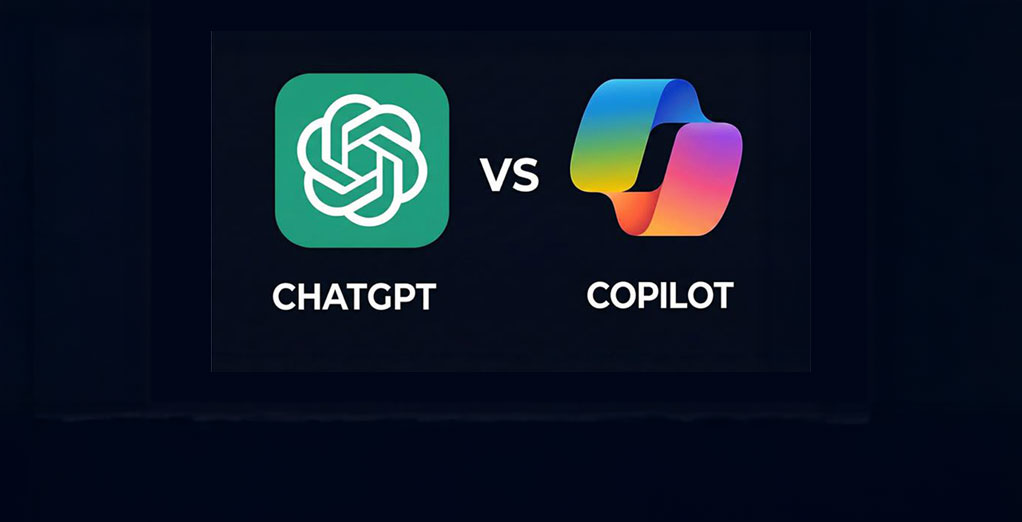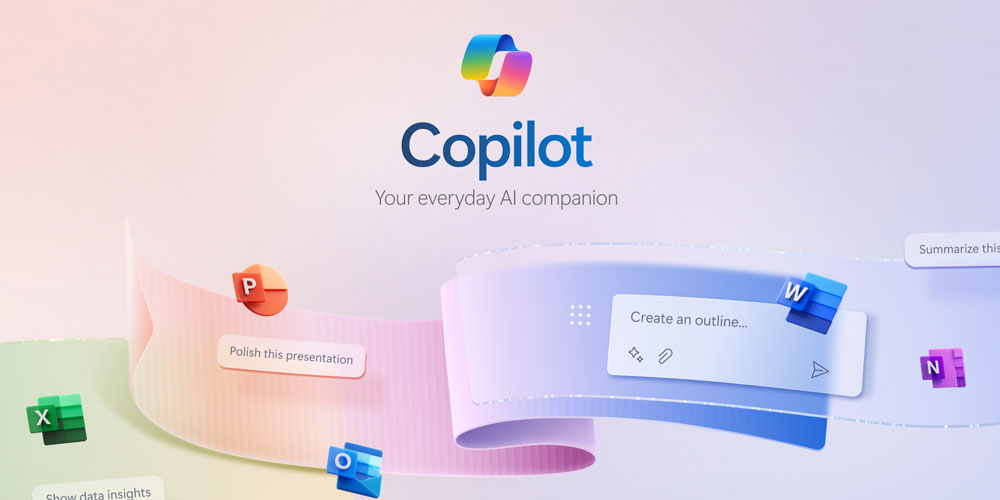The cloud promised agility, scale, and innovation but it also brought along unpredictable bills.
Today, cloud cost optimization has moved from being a finance function to a strategic business priority. Whether you’re managing infrastructure on AWS, Azure, or Google Cloud, one thing is clear: optimizing cloud spend isn’t just about cutting costs, it’s about using the cloud smarter.
That’s where FinOps comes in. Think of it as a collaborative approach to cloud financial management where engineering, finance, and business teams work together to make informed, real-time decisions about cloud usage and costs.
In this post, we break down 10 actionable FinOps strategies that will help your organization optimize spend, improve visibility, and build a culture of cloud accountability.
What is FinOps?
At its core, FinOps (short for Financial Operations) is a practice that brings financial accountability to the variable nature of the cloud.
Instead of waiting for the end-of-month bill shock, FinOps encourages:
- Real-time cloud cost visibility
- Informed resource usage decisions
- Cross-team collaboration for continuous optimization
It’s not just a process. It’s a mindset shift one that’s essential in today’s cloud-first world.
Top 10 FinOps Strategies for Cloud Cost Optimization
1. Right-Size Your Resources
More computes don’t always mean better performance. Oversized instances are one of the most common sources of cloud waste.
Try this:
- Use tools like Microsoft Cloud, AWS Compute Optimizer or Google Advisor to match instance size to actual workload.
- Regularly audit CPU and memory usage.
- Downscale or decommission underutilized VMs.
This isn’t just a best practice it’s cloud cost management 101.
2. Use Reserved Instances and Savings Plans
If your workloads are predictable, committing to long-term usage pays off literally.


- Azure Reserved VM Instances
- Azure Savings Plans for Compute
This one strategy can significantly reduce cloud spend without compromising on performance.
3. Automate Scaling and Scheduling
Why pay for compute at 2 AM if no one’s using it?
Implement auto-scaling to adjust to demand and schedule workloads (especially dev/test environments) to shut down during off-hours.
Tools to explore:
- Azure Automation Runbooks
- Google Cloud Scheduler
This is a simple but powerful way to reduce unnecessary usage.
4. Optimize Storage Costs
Data growth is inevitable, but bloated storage bills don’t have to be.
Strategies include:
- Tier data intelligently (e.g., S3 Standard vs Glacier)
- Set lifecycle rules for archiving/deletion
- Remove unused backups, unattached volumes, and snapshots
With a bit of discipline, storage optimization can yield big savings over time.
5. Eliminate Idle or Zombie Resources
Zombie resources are real, and they eat up your budget quietly.
Look out for:
- Unused IP addresses
- Idle VMs
- Orphaned disks and snapshots
- Unattached load balancers
Run monthly audits or automate cleanup scripts to keep your environment clean and efficient.
6. Monitor with Cost Management Tools
You can’t optimize what you can’t see.
Invest in cloud cost visibility tools to track spending trends, breakdowns by service/team, and anomalies in usage.
Top picks:
- Azure Cost Management
- Google Cloud Billing Reports
- Cloud Optimization
The goal? Turn cloud bills into actionable insights.
7. Set Budgets and Alerts
A real-time alert can save thousands.
Do this now:
- Set usage thresholds per project or team
- Use alerting systems to flag unexpected spikes
- Tracks spend against monthly budgets
This proactive approach brings predictability to your cloud investments.
8. Refactor Workloads for Cloud-Native Efficiency
If you lifted and shifted legacy systems to the cloud, chances are they’re not optimized.
Modernize with:
- Serverless computing (e.g., Azure Functions)
- Containers and Kubernetes for flexible scaling
- Microservices architecture to break down bulky apps
Cloud-native refactoring isn’t just about speed; it’s about cost-effective scalability.
9. Review Licensing and Subscriptions
Licenses can quietly inflate your cloud bill.
Checklist:
- Audit software licenses across environments
- Consolidate SaaS subscriptions
- Look for open-source or usage-based alternatives
- Avoid duplicate or legacy licenses in hybrid clouds
It’s a low-effort, high-impact strategy, especially in enterprise environments.
10. Build a FinOps Culture
Tools and tactics work best when teams are aligned. That’s why the most successful organizations invest in FinOps as a culture.
How to foster it:
- Create cross-functional FinOps teams
- Share cost insights transparently
- Train developers to factor in costs during design
- Celebrate optimization wins!
FinOps isn’t just about savings, it’s about shared responsibility.
Embee Software in Action: FinOps-Driven Cloud Optimization
As a Microsoft Solutions Partner with over 12 Advanced Specializations, Embee Software brings deep expertise in cloud cost optimization, security, and digital transformation. Embee’s FinOps-aligned services empower organizations to make smarter cloud decisions, reduce waste, and maximize ROI.
Key Capabilities Supporting FinOps
1. Azure Cost Optimization & DRaaS Embee’s Azure Site Recovery implementation at Hero FinCorp exemplifies cost-effective disaster recovery. By leveraging elastic compute and storage, Embee enabled scalable, automated protection with zero compute cost until a drill or disaster occurs.
2. Real-Time Reporting & Analytics Embee delivers dynamic, mobile-friendly dashboards with natural language query support, enabling real-time visibility into cloud usage and spend.
3. Managed Services & Automation From virtual desktop infrastructure to serverless and low-code solutions, Embee automates scaling, monitoring, and security across hybrid environments.
4. Security-Integrated FinOps Embee’s 24×7 Cyber Defense Center (CDC) combines SIEM, SOAR, and UEBA on Microsoft Sentinel to ensure secure, cost-efficient cloud operations.
5. Cloud-Native Modernization Embee helps refactor legacy workloads using Azure Functions, Kubernetes, and microservices, aligning with FinOps principles of agility and cost control.

















































